Why Am I Craving Carbs All of a Sudden?
- September 6, 2017
- Last Updated: June 15, 2023
- 9 Comments
- Nutrition
If your body is craving carbs, there is a scientific reason for it. Let’s review all of the reasons you may be craving carbs all of a sudden.
As an Amazon Associate, I may earn from qualifying purchases. You can read more here on our Disclaimer and Privacy Page.
The topic of craving carbs and craving foods has come up in a few client sessions this week.
I thought best to address it here, since other people probably have questions about it also. Why does your body crave carbs, anyway?
First off, I will say that craving carbohydrates are not an inherently bad thing and is not necessarily an indicator of a bad relationship with food.
However, you may wonder, Why do I crave carbs, and this post will help explain why.
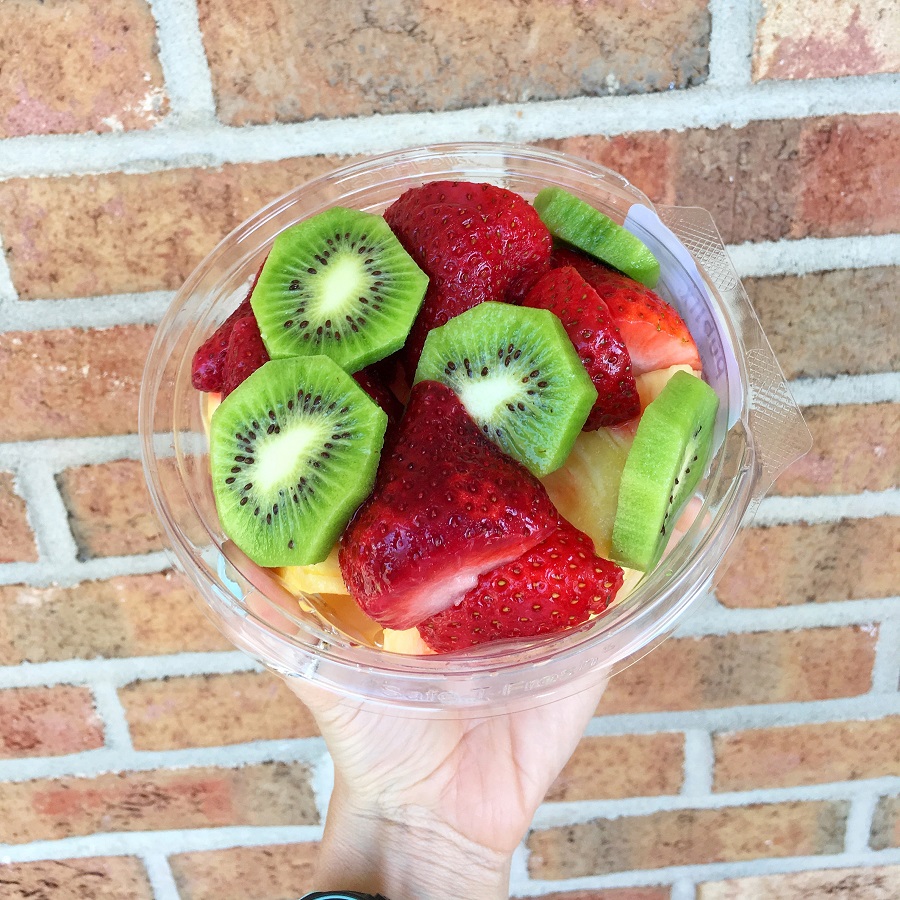
My Body is Craving Carbs
Most of our food supply is carbohydrates.
Grains, fruits, vegetables, legumes, dairy products and many processed foods all have carbohydrates in them.
Carbohydrates break down into our body’s most usable form of energy, glucose.
Therefore, it is inherently vital for survival. If your blood sugar drops, carbs are what help raise it back up!
Plus, carbs are full of things like fiber, vitamins and more – and they taste good. It’s no wonder that your body is craving carbs.
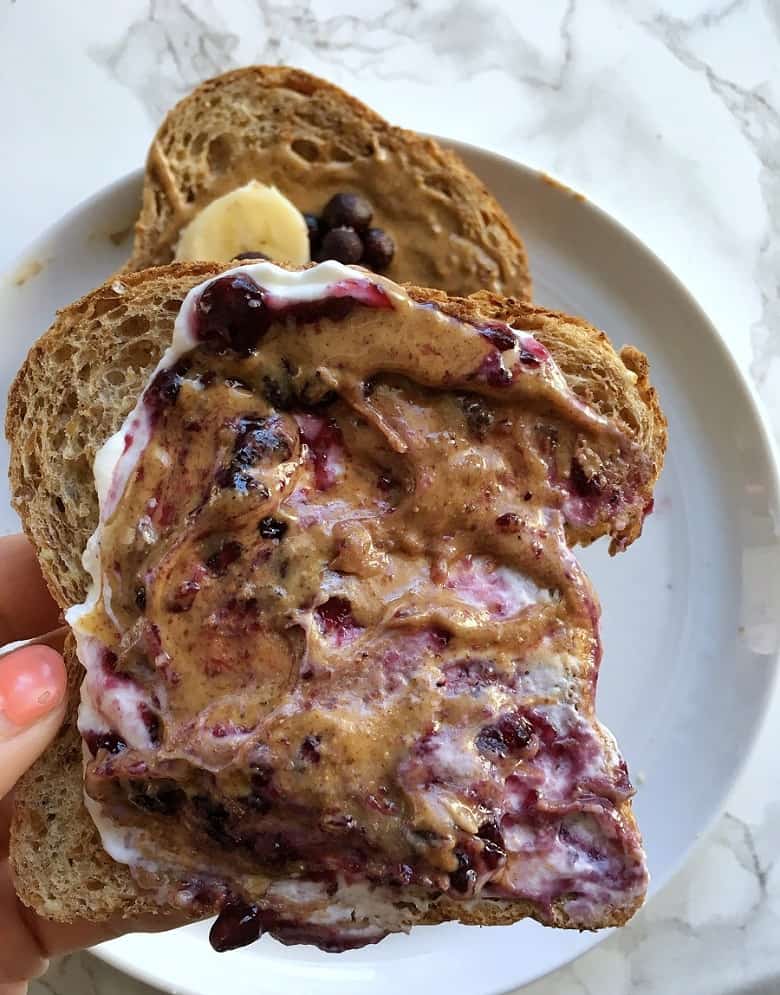
It’s important to note that occasional cravings for carbs are normal.
However, if you consistently experience intense cravings that interfere with your daily life or overall health, it may be helpful to consult with a healthcare professional or registered dietitian for personalized advice and support.
Why Am I Craving Carbs All of a Sudden?
Why is my body craving carbs, suddenly, or so it may seem?
Firstly, we need to determine if you are just more aware of craving carbs now, your diet has changed, or something else has happened.
Recent Diet Changes
Have you been following a low carb diet? That usually leads to craving carbs, secondary to lower blood sugar and energy levels.
Furthermore, if you’re craving sweets 24/7, we probably would need to uncover some other parts of your eating style – past history, any food rules, forbidden foods, etc.
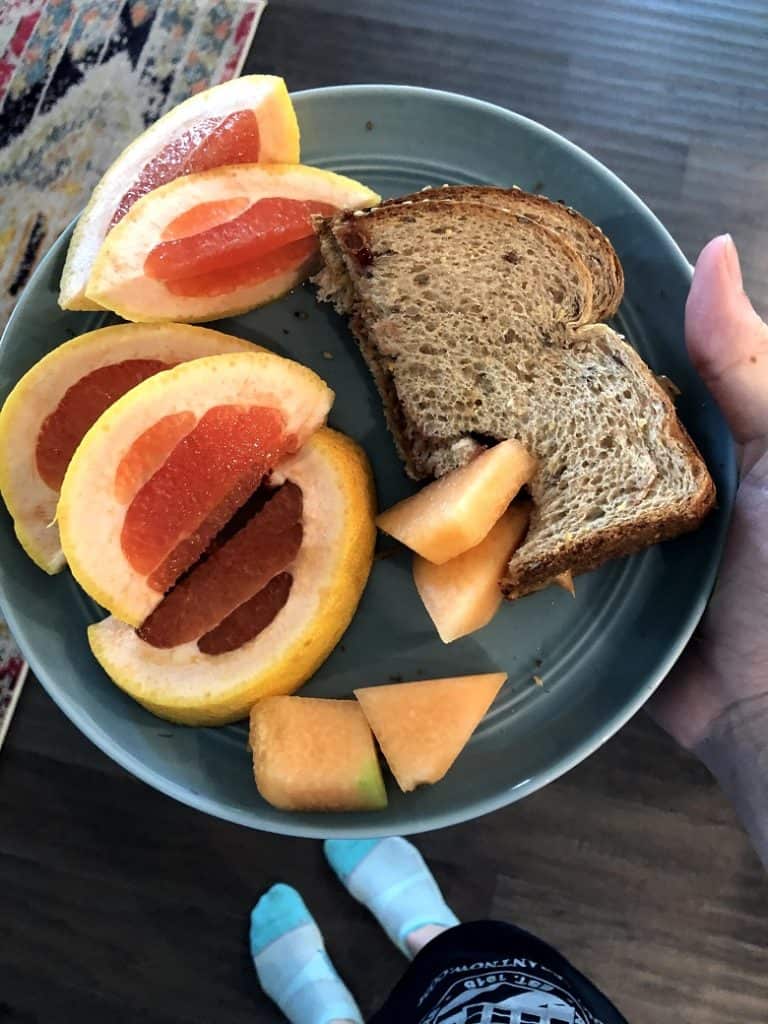
Restrictive Eating Habits and Food Rules
Do you give yourself unconditional permission to eat food, or are you restrained by the food police in every food decision you make?
Do you practice food flexibility, and eat a variety of foods?
Normally, if you’re only sticking to certain food groups (like protein!), your body may be starved of carbohydrates and glucose.
This is generally why fad diets fail.
You’re Undereating – Consciously or Unconsciously
Another thing to consider is your exercise or previous days’ eating status.
If you had a hard workout or under ate yesterday, this may be a reason you’re suddenly craving carbs today.
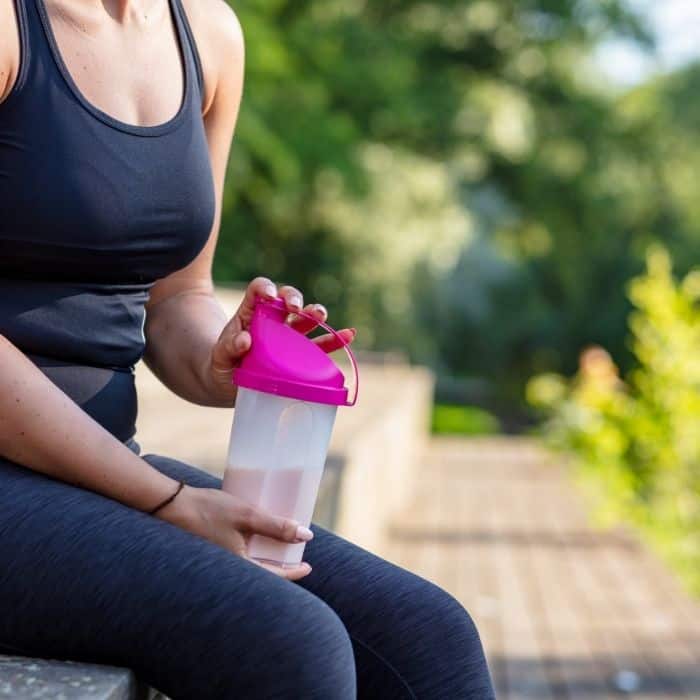
If you’re undereating, have skipped meals or snacks, then your blood sugar may be low.
But, if we still aren’t answering your “why am I craving carbs so much” question, let’s talk about biology.
Why Do I Crave Carbs? The Biological Reasons
Craving carbohydrate foods makes the most sense biologically because these foods are high sources of vitamins, nutrients and fiber.
We can’t live without carbohydrates!
Consider when you’re pregnant as well – craving carbs during pregnancy is normal and needed to get all we need for ourselves and babies.
Let’s review how smart our bodies are.
There can be reasons behind food cravings and aversions, sometimes, like during pregnancy and sickness.
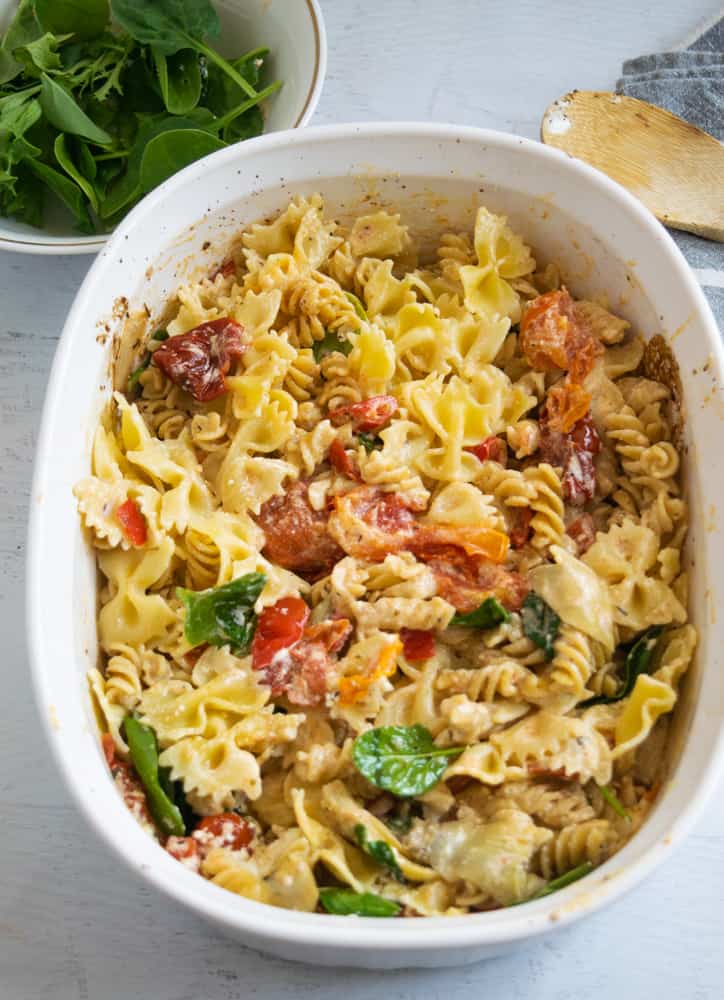
Our bodies do their best to communicate to us, but we’re not always listening or aware.
Or in other words, we’re overly stressed, overexercising or engaging in compulsive exercise, not sleeping enough and not in tune with our bodies.
Sometimes we miss the mark on listening to them, or push through discomfort and hunger signs.
Therefore, our body plays catch up and craves quick sources of energy, the main reason we crave carbs.
NPY and Why Your Body Craves Carbs
Our brains have a chemical called Neuropeptide Y (NPY).
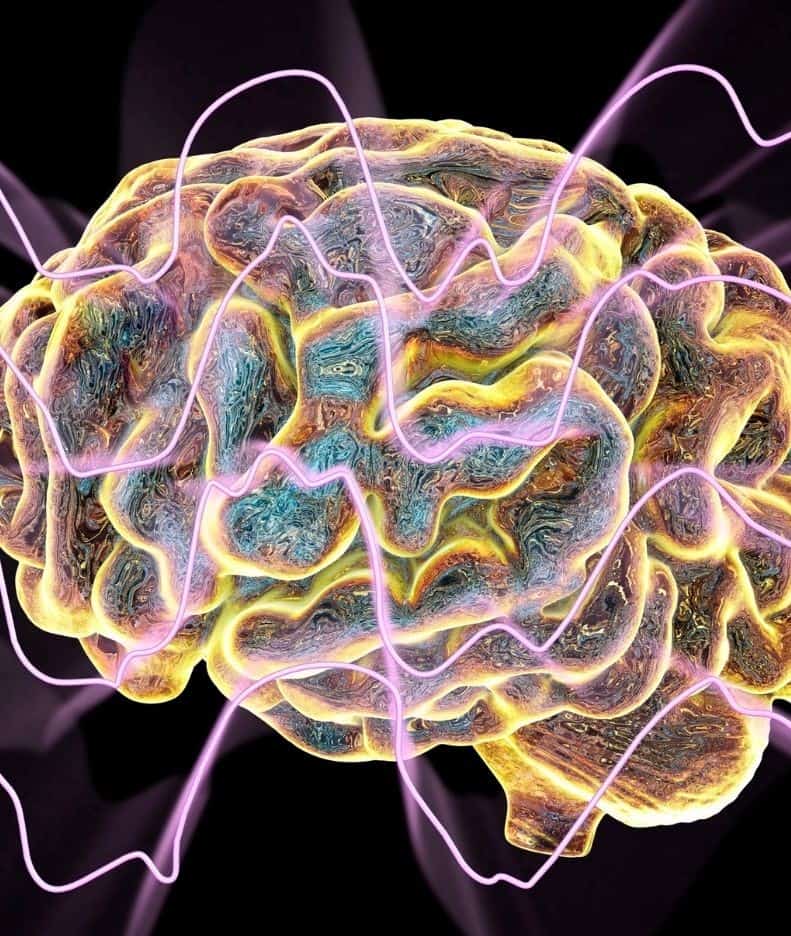
While it is involved in many regulatory systems, including stress and cardiovascular regulation, one of its main functions is appetite regulation.
It is one (of many) chemicals responsible for our body’s drive to eat carbohydrates.
Again, remember that carbohydrates are our body’s primary and preferable source of energy, so NPY is a good thing.

Our body will always do its best to maintain homeostasis, its normal, balanced idea of home.
So, you can imagine if you try to override homeostasis, your body will try to resist and bring you to safety.
For example, maybe you’ve sworn off all sweets or you decide to embark on a low-carbohydrate diet.
Well, food deprivation or any type of under-fueling will trigger NPY’s effect.
In other words, these actions will cause the body to seek out more carbohydrates.
It’s kind of like the binge-restrict cycle that so many of my clients have been through.
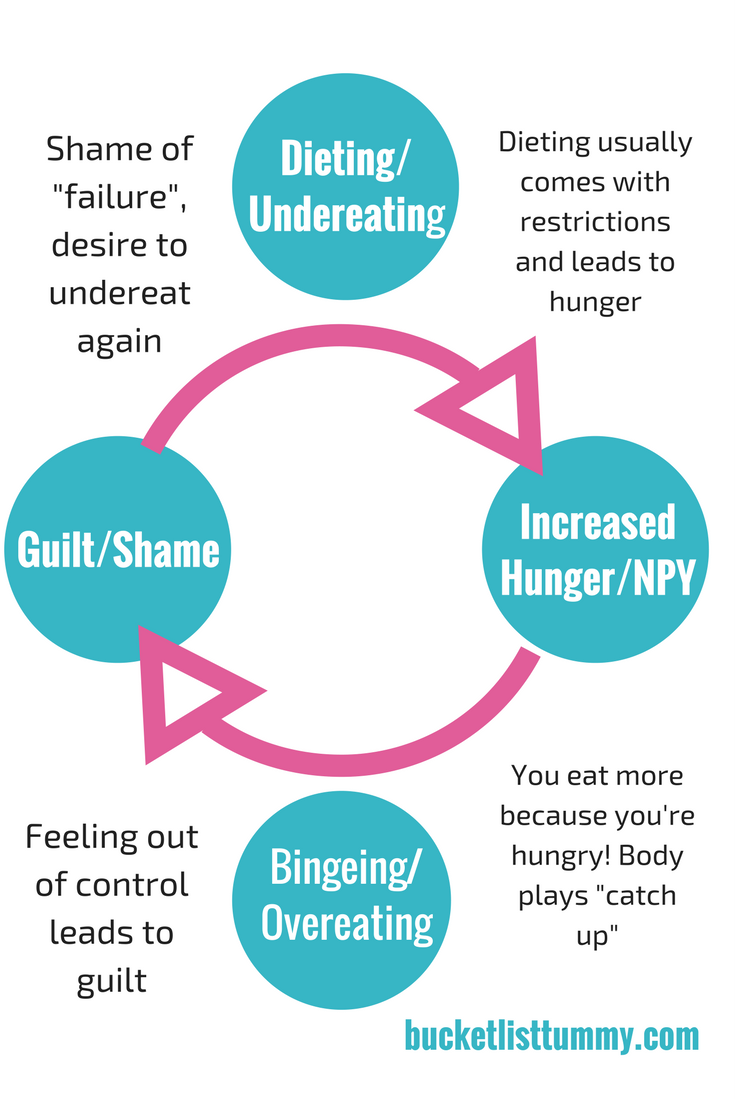
What Causes NPY to Increase?
You try your best to resist certain foods and end up craving them more. Well, here’s why.
If you’ve been restricting food (or carbohydrates in general), your body will attempt to catch up at the next eating event.
This often results in a high carbohydrate binge (we rarely binge on fruits/veggies, or meat itself).
It’s important to understand that this is not a failure or lack of willpower at work, it’s your body’s way of protecting you.
It knows you need quick, instant energy.
It also knows that for hunger, carbohydrates will satisfy you the quickest.
This is one (of many) reasons why I’m all about learning to honor your hunger!
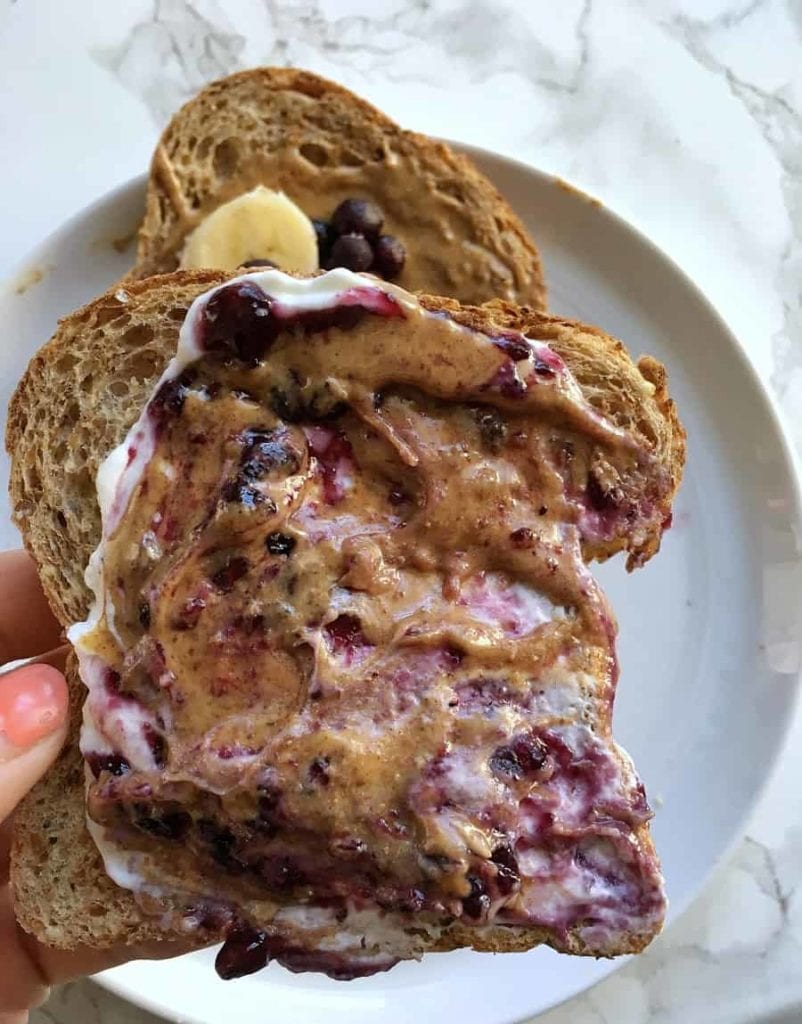
When Does NPY Increase?
We already mentioned how NPY increases after a carbohydrate or food restriction, which answers the question, “Why do I crave carbs?“
Now, let’s talk about when NPY increases.
- After an overnight fast – Therefore, levels of NPY are naturally highest in the morning because of the short term food deprivation overnight. This is one of many reasons why you want to eat a balanced breakfast in the morning.
- After exercise – You’re most likely relying on burning carbohydrates (and some fat) to fuel that exercise. As your carbohydrate stores decrease after exercise, NPY will rise. Because it is dependent on energy availability, it is upregulated with food deprivation or restriction, and returns to baseline levels after eating.
- Missed eating opportunities– If you ignore eating, NPY will continue to rise, which can lead to larger-scale meals and binges (with less mindful choices) later in the day, encouraging the feeling of feeling out of control of food.
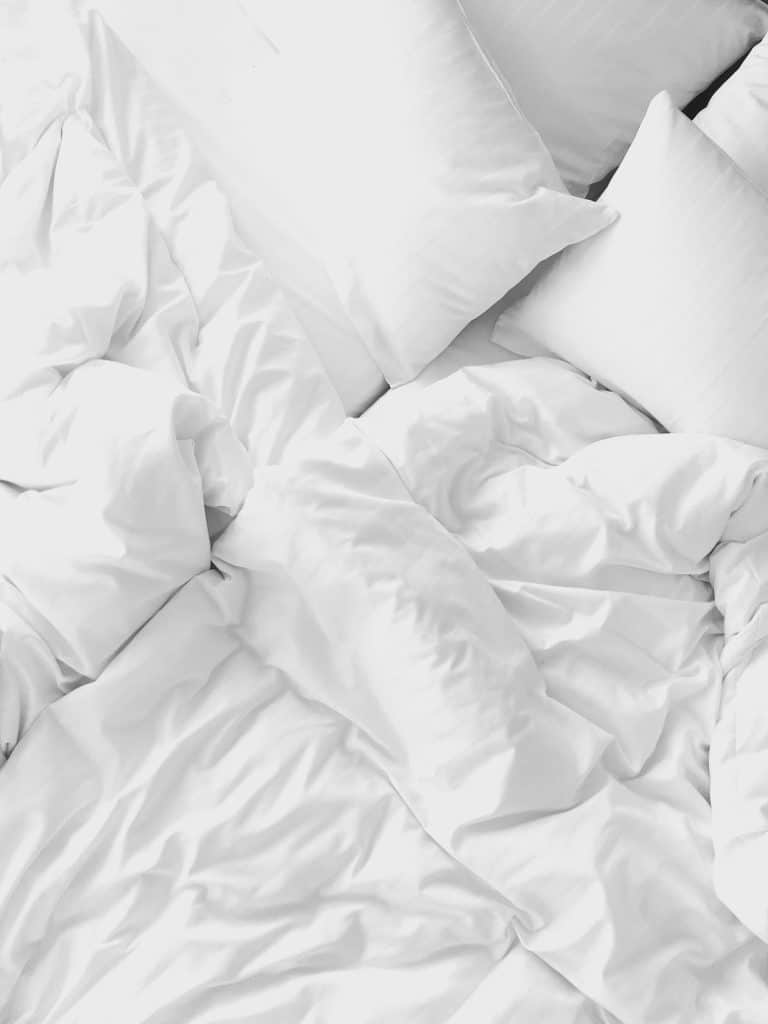
In all of these scenarios, once we eat, NPY stabilizes.
So, when we eat carbohydrates, we in effect turn off that NPY signal.
So, to put it simply, why are you craving carbs and sugar? Likely, your NPY is low due to the above reasons.
Carbohydrates also increase the production of serotonin, which can also translate to a lesser craving or desire for carbohydrates.
So basically, we’ll continue to crave carbohydrates until we know we have enough fuel or actually give our bodies carbohydrates.
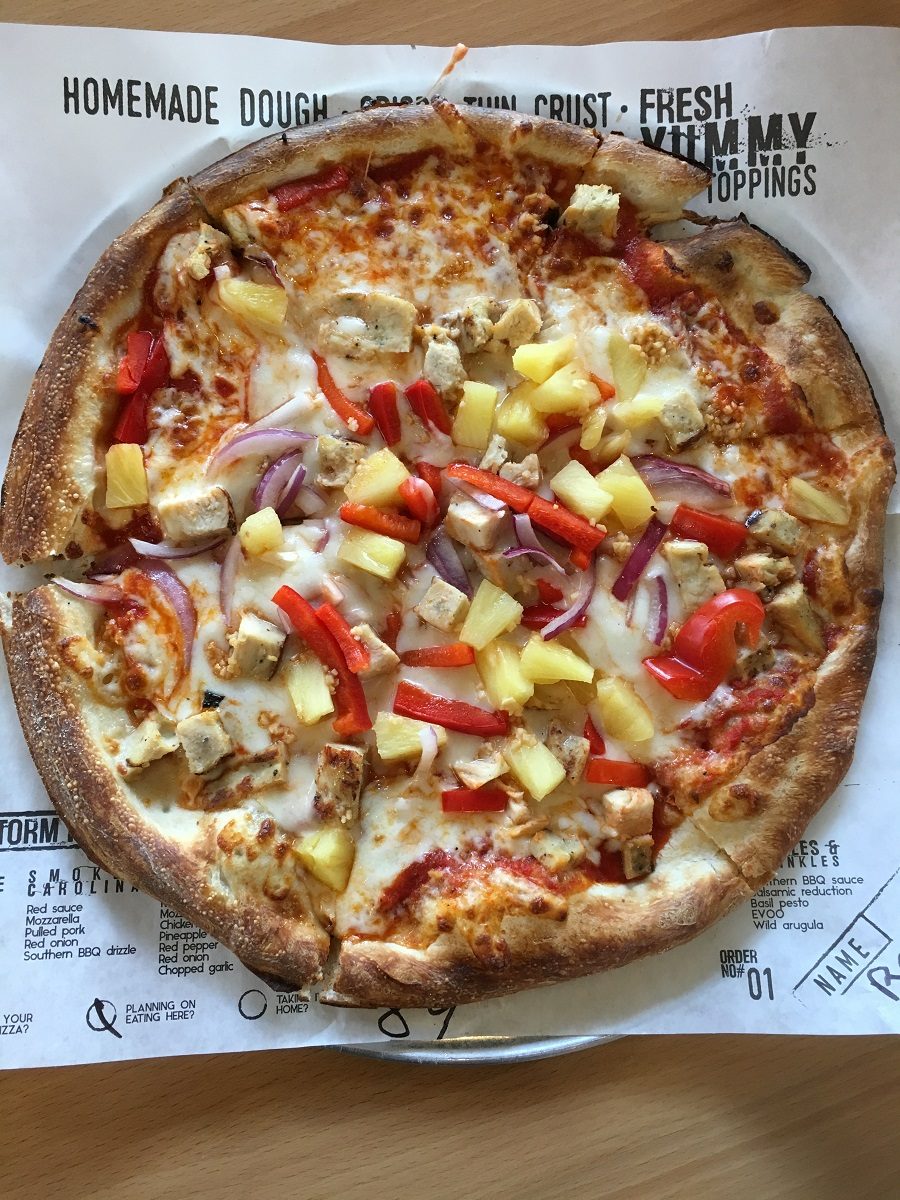
Why Your Body Needs Carbs
I also think it’s important to talk a little bit about the biology and physiology of our body.
So, glucose, which our bodies form from breaking down carbohydrates, is the main fuel for many of our cells.
Specifically, red blood cells, the brain, and our nervous system rely exclusively on glucose.
We store some carbohydrates as glycogen in our muscles, but only our muscles can use that fuel.
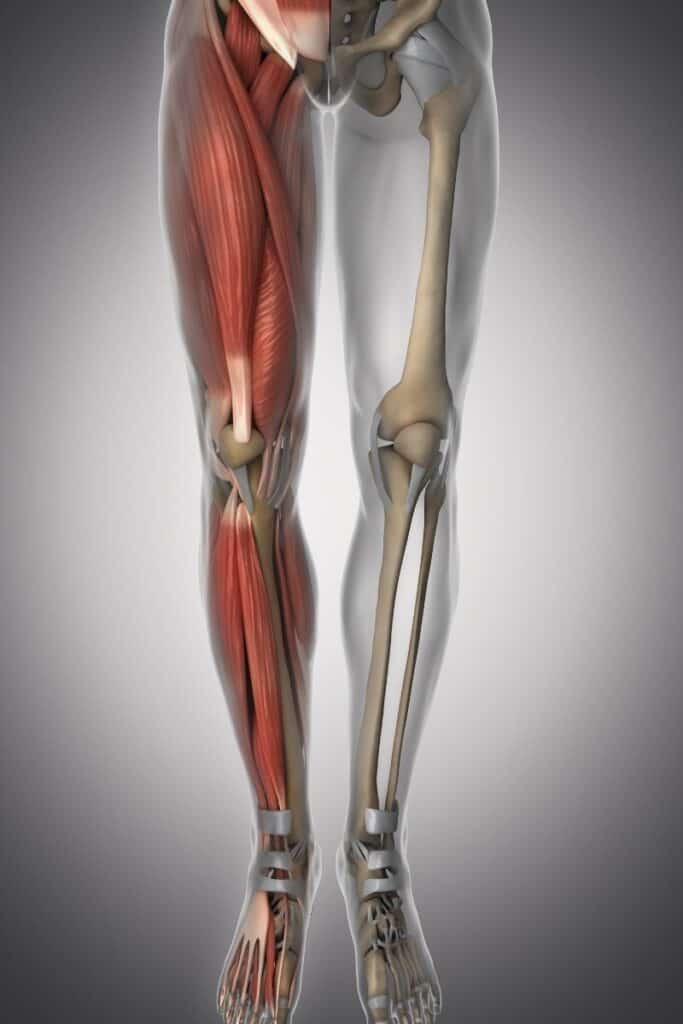
So, if we’re in a fasted state or waking up from an overnight fast, we don’t have access to muscle glycogen.
We store a limited amount of glucose in our livers, which is our main reservoir for fuel.
When we run out of liver glycogen, that’s when our body has to find creative ways to make fuel.
We can make glucose by breaking down muscle protein and amino acids in a process called gluconeogenesis, but it’s not very efficient.
Plus, you don’t want to break down muscle, as there are many more devastating consequences that come with that.
Your body doesn’t preferentially choose which muscles are broken down first. And your heart is a muscle – so if your body starts breaking that down, that can lead to death.
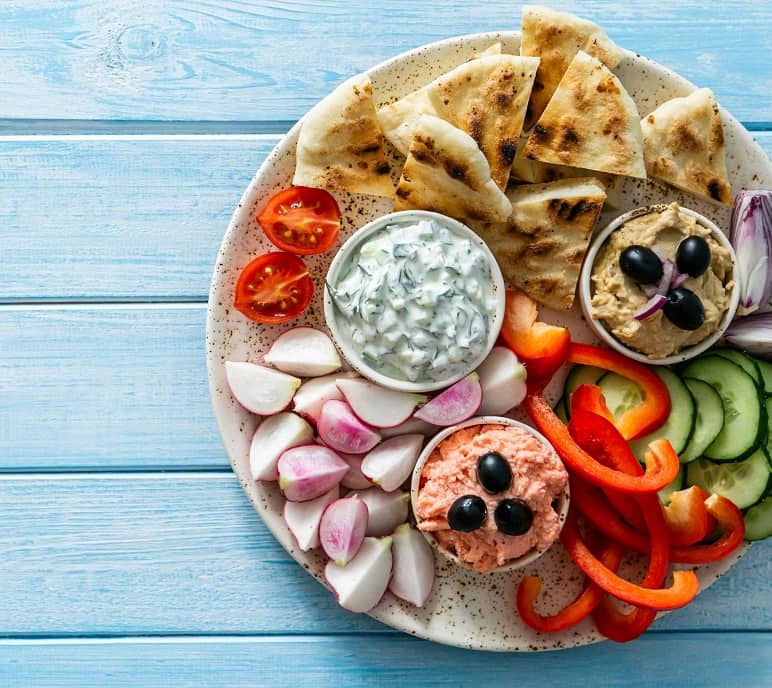
That should be a last resort to situations when we really are starving.
Carbohydrates should be a part of every meal and snack you eat.
I like to talk to clients about snacks and snack pairing. I share many examples of snack pairings in my hunger ebook.
For example, string cheese and an orange, or nuts and raisins or pretzels.
When you consume carbohydrates with something else, it helps better stabilize your blood sugar, leading to more energy, less highs and lows throughout the day, and longer satiety (lower NPY).
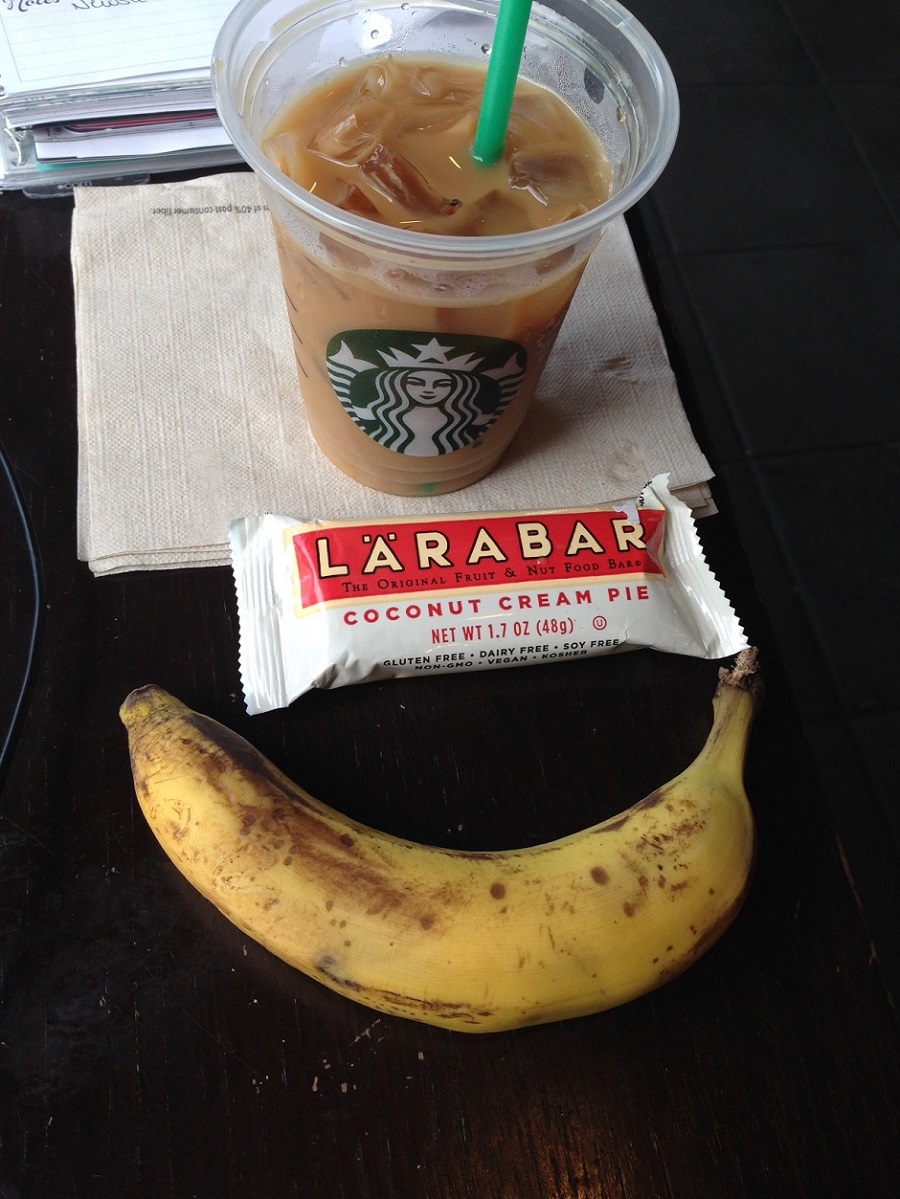
So, rather than swearing off carbohydrates, maybe you need to change the way in which you eat them.
Listen to your carbohydrate hunger.
If you crave carbs at night, have a snack before bed.
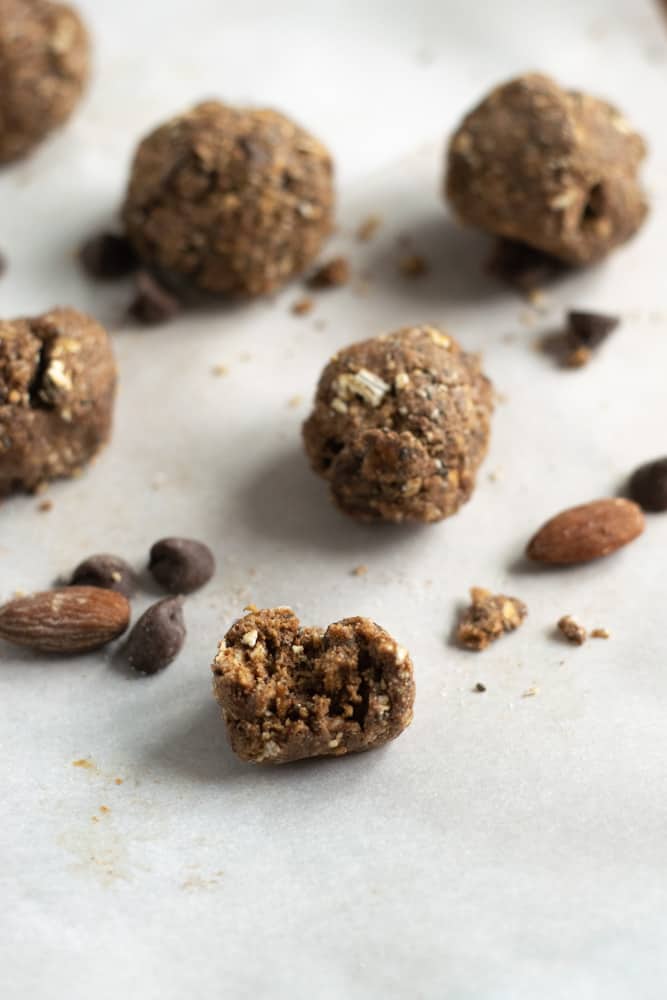
If you’re including them consistently and giving your body enough glucose to fuel until your next food meeting, you’re on the right track.
But, if you’re avoiding carbohydrates and “saving up” until dinner, you’re likely to continue craving them because your body needs the energy.
Or, you’ll go overboard at the next eating event. You’re not failing in willpower, your body is biologically hungry and is asking for fuel.
Those are two totally different things.
I hope I’ve conveyed that our bodies rely on carbohydrates, and why am i craving carbs suddenly is usually a sign that we’re running low or don’t have enough.
References:
- Beck B. Neuropeptide Y in normal eating and in genetic and dietary-induced obesity. Philos Trans R Soc Lond B Biol Sci. 2006 Jul 29;361(1471):1159-85. doi: 10.1098/rstb.2006.1855. PMID: 16874931; PMCID: PMC1642692.
- Williams G, Harrold JA, Cutler DJ. The hypothalamus and the regulation of energy homeostasis: lifting the lid on a black box. Proc Nutr Soc. 2000 Aug;59(3):385-96. doi: 10.1017/s0029665100000434. PMID: 10997654.
Support Bucket List Tummy



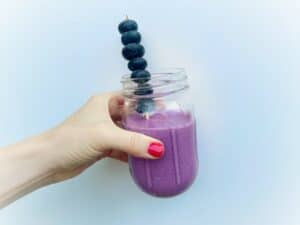
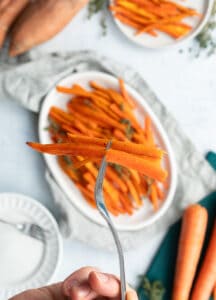
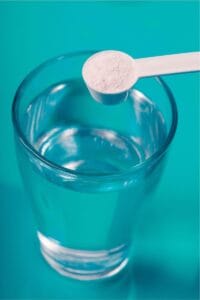

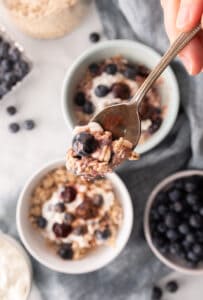

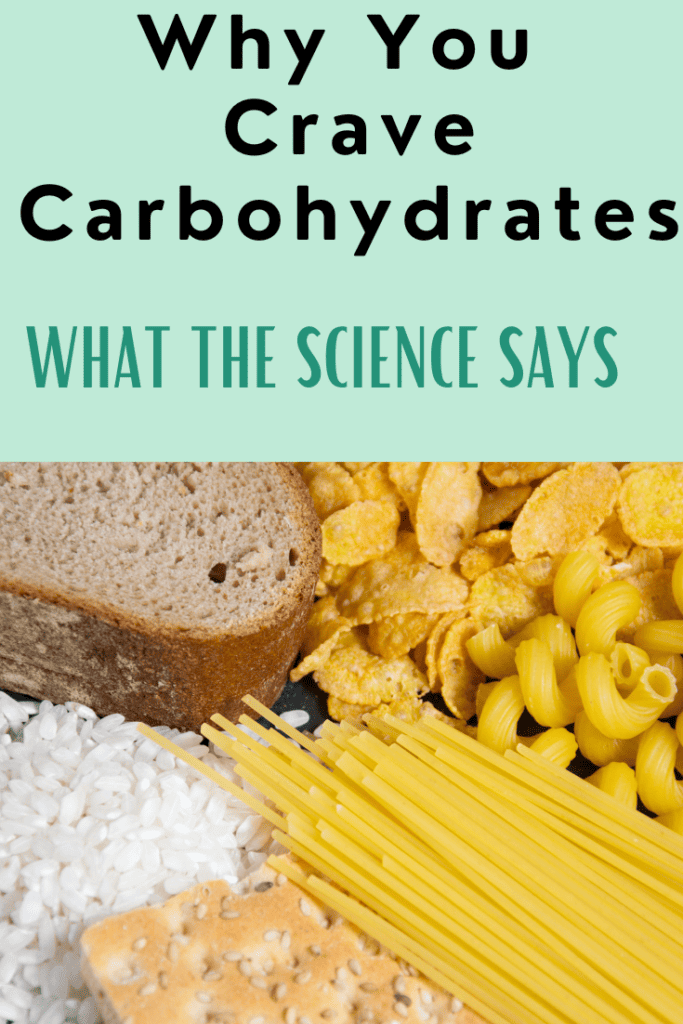
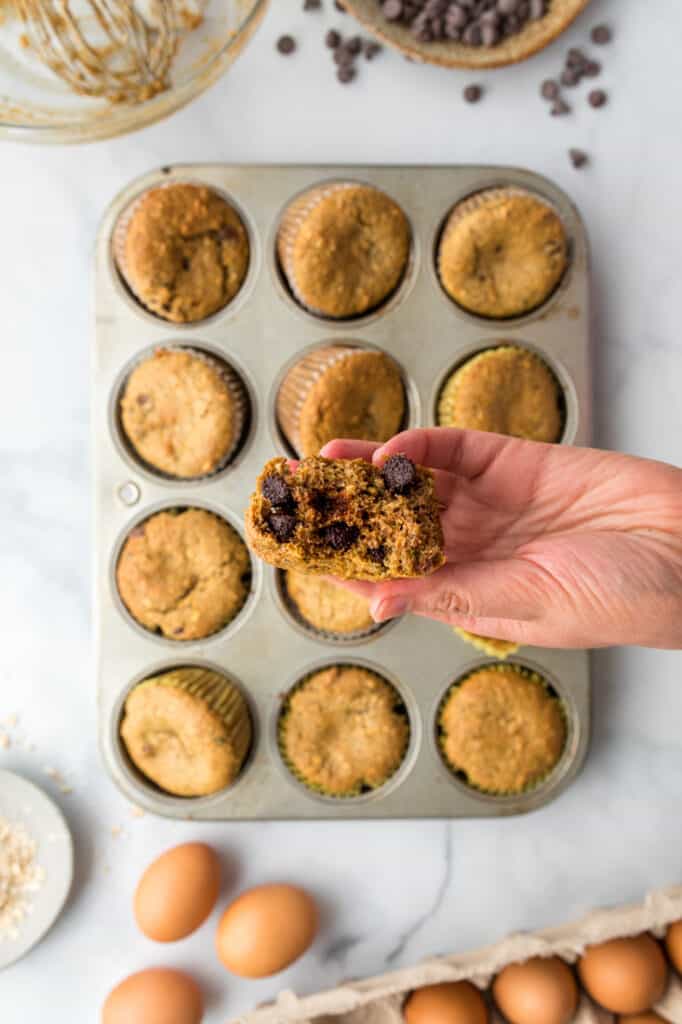

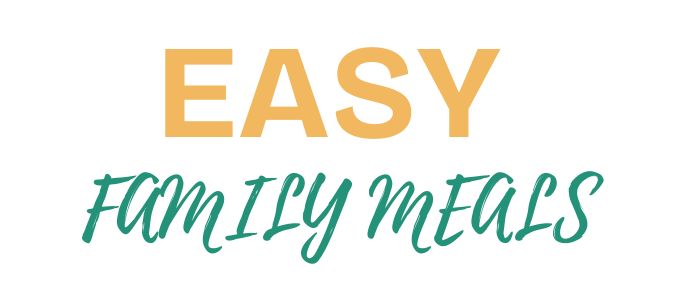
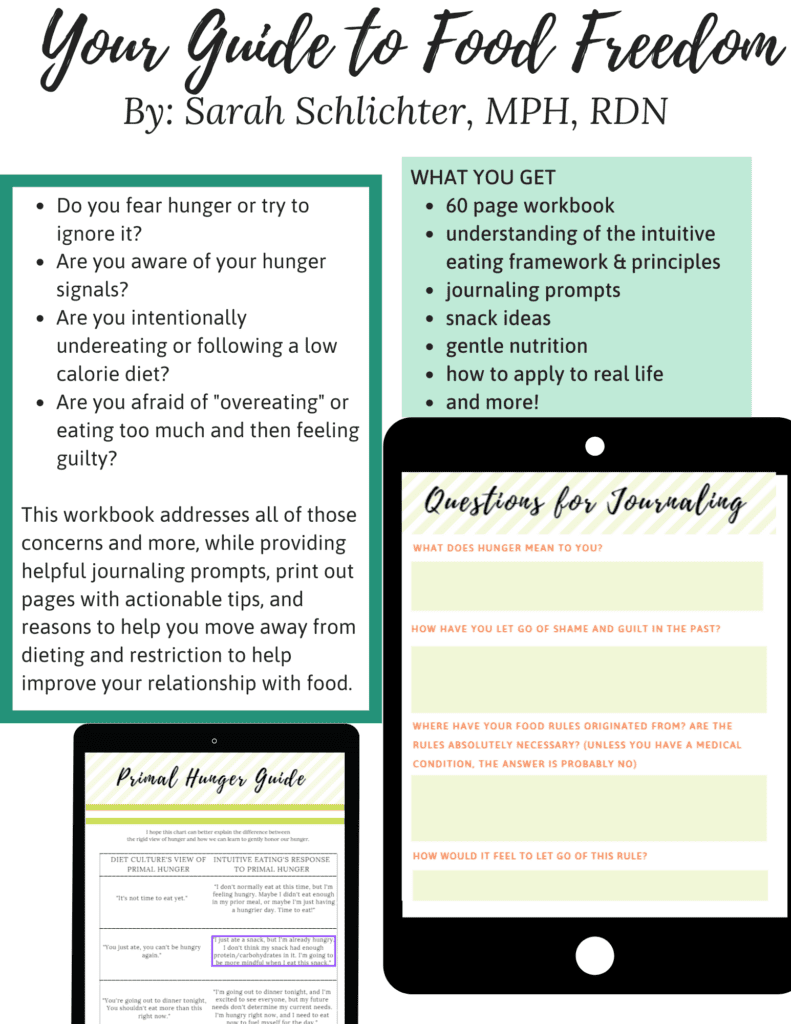
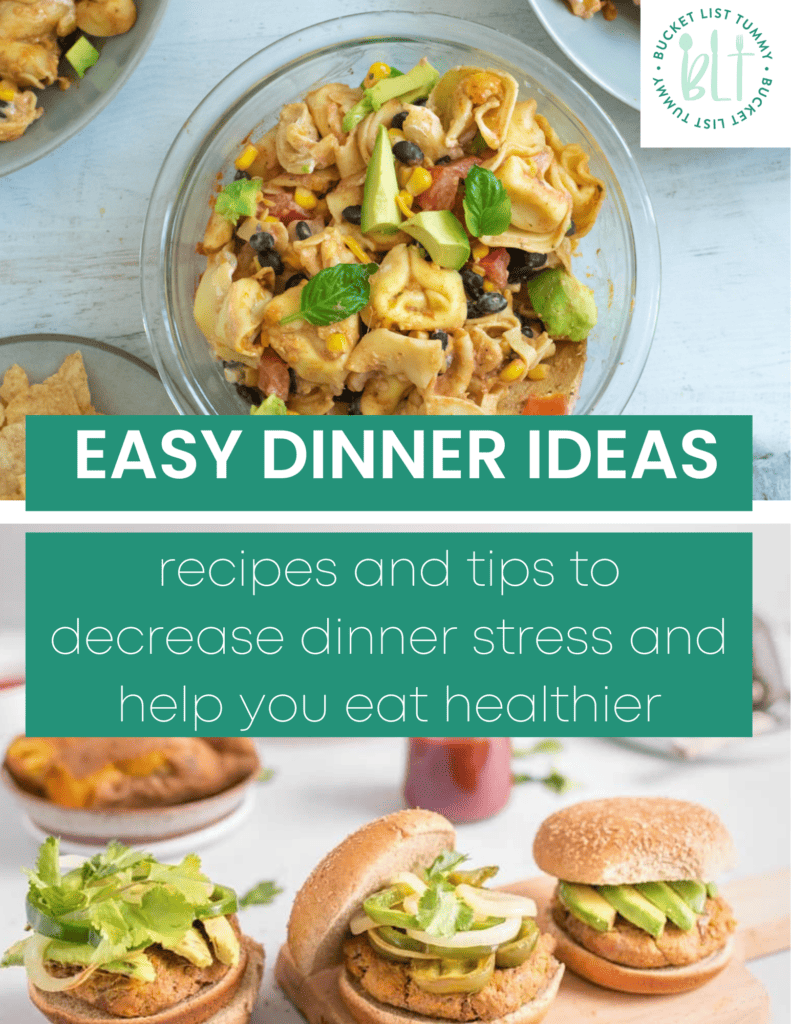
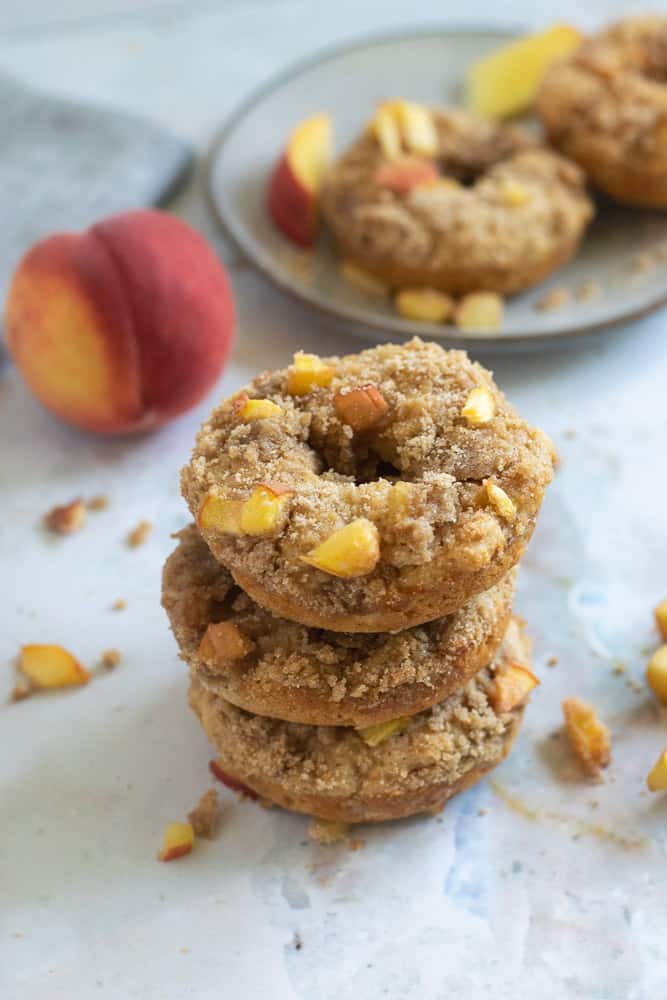
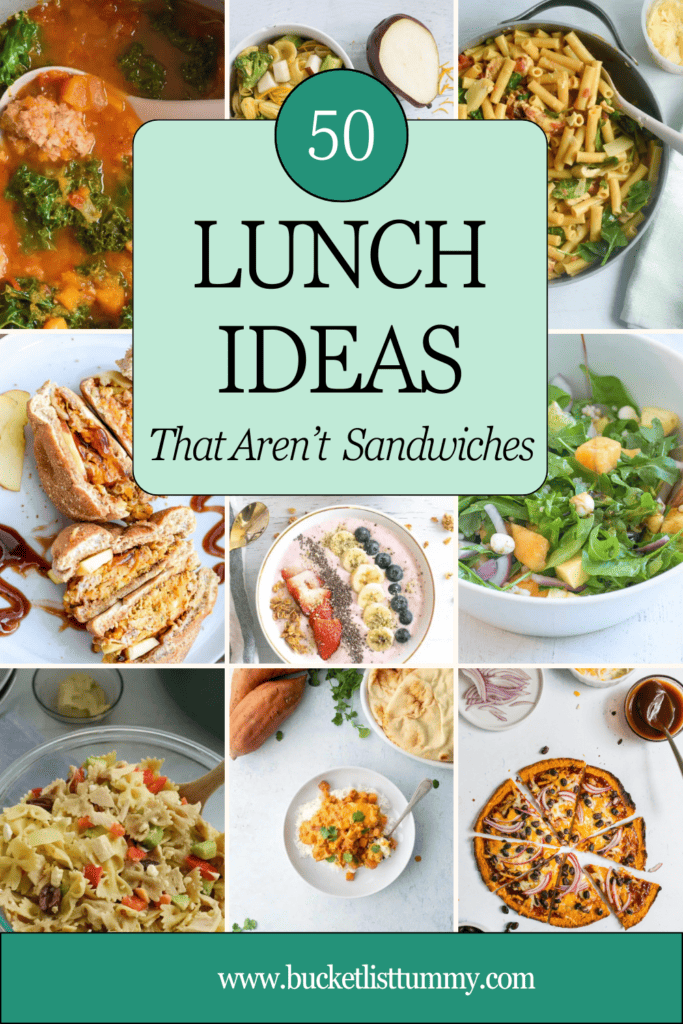
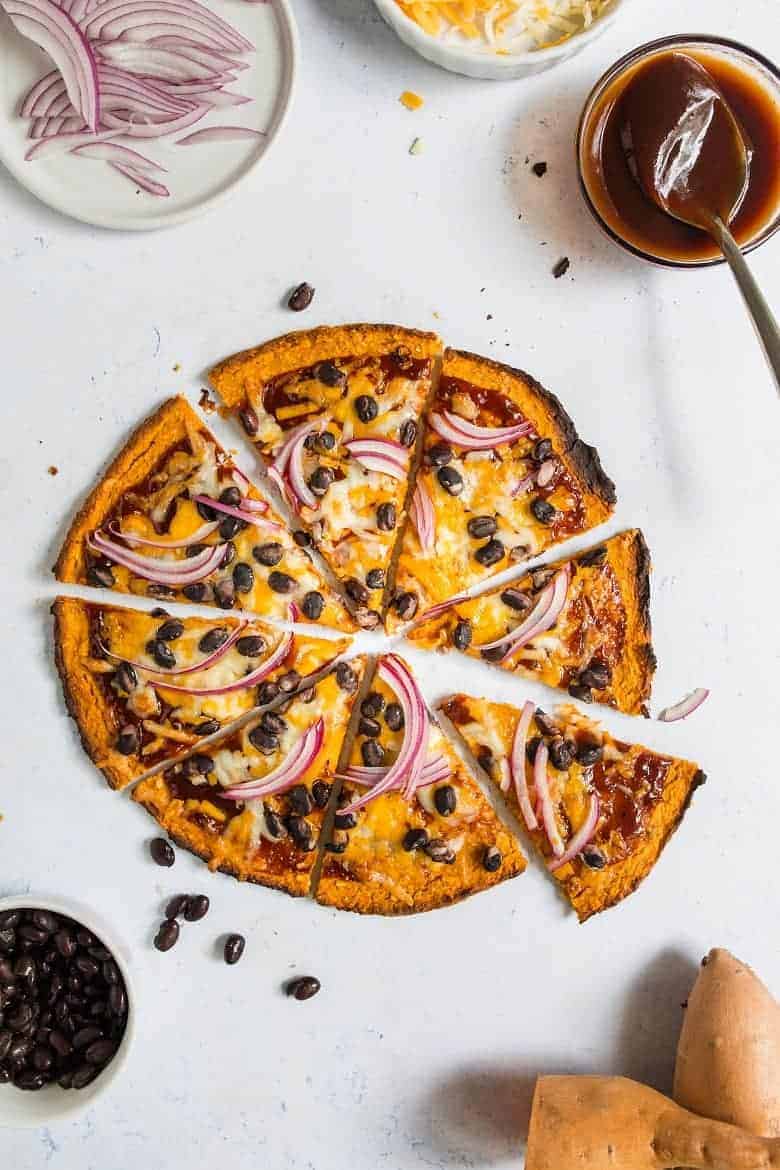
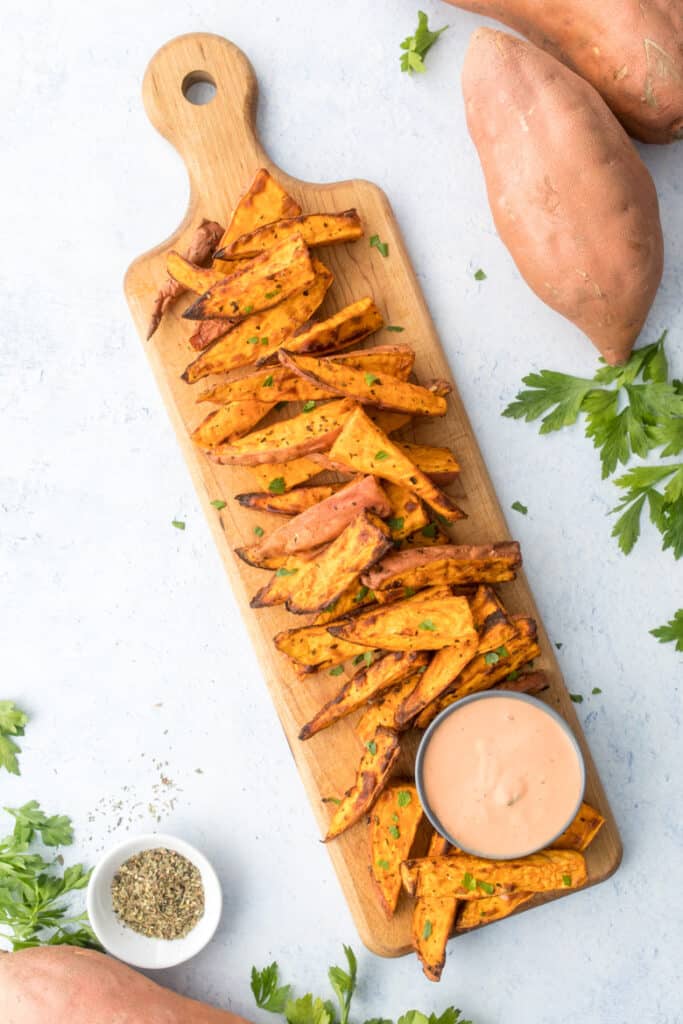
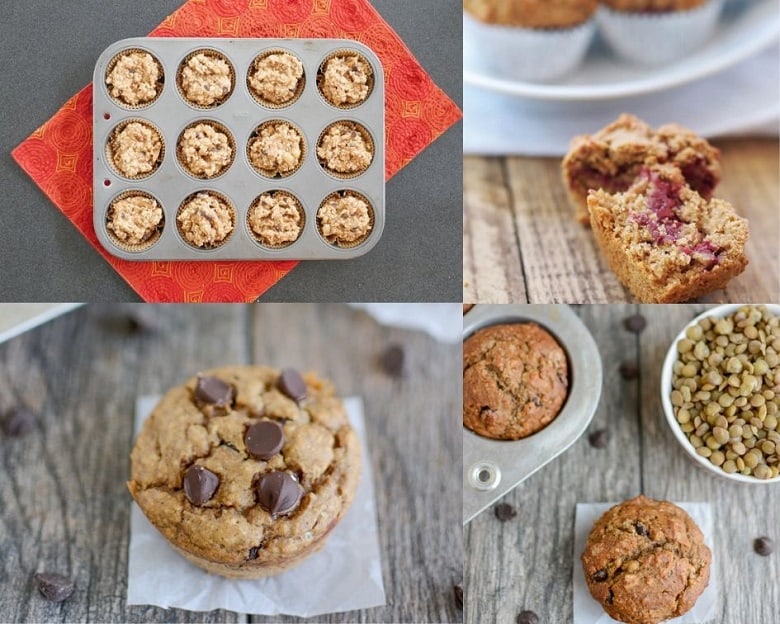
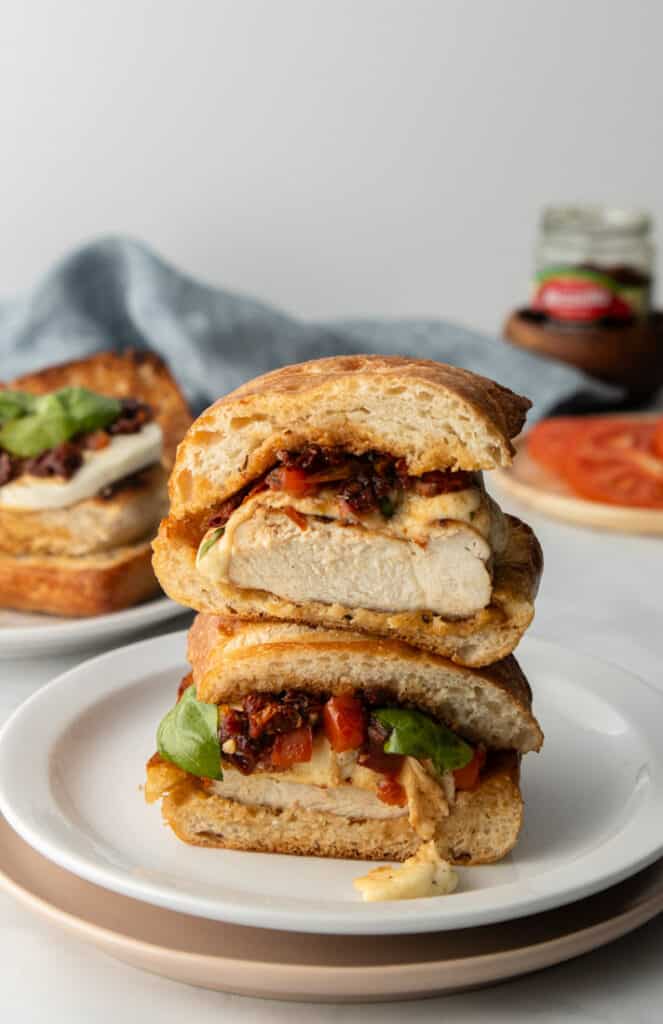
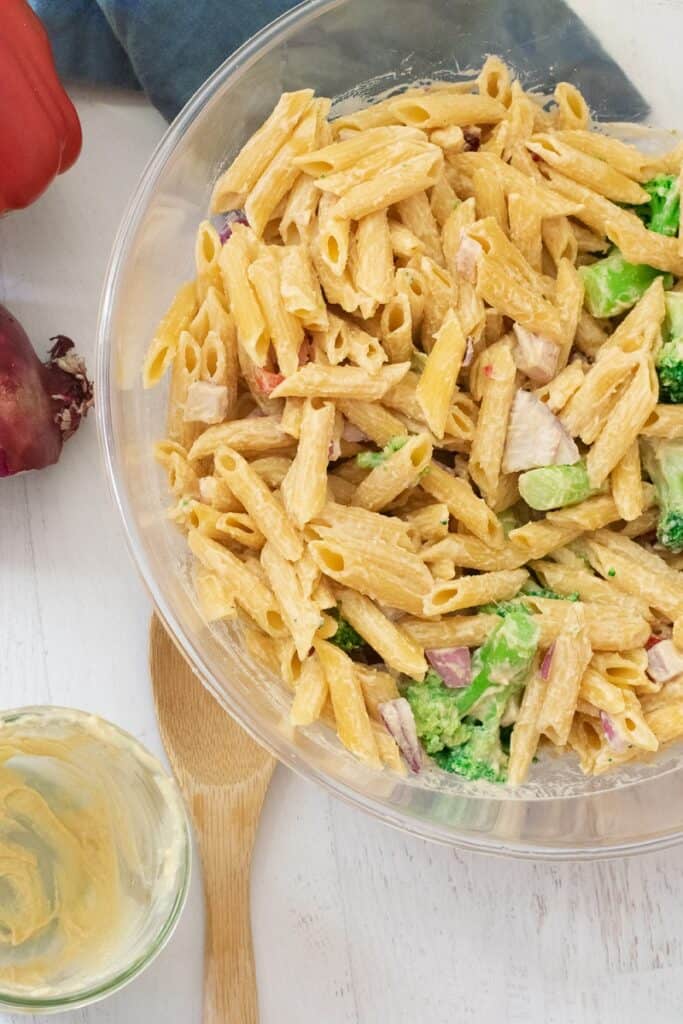

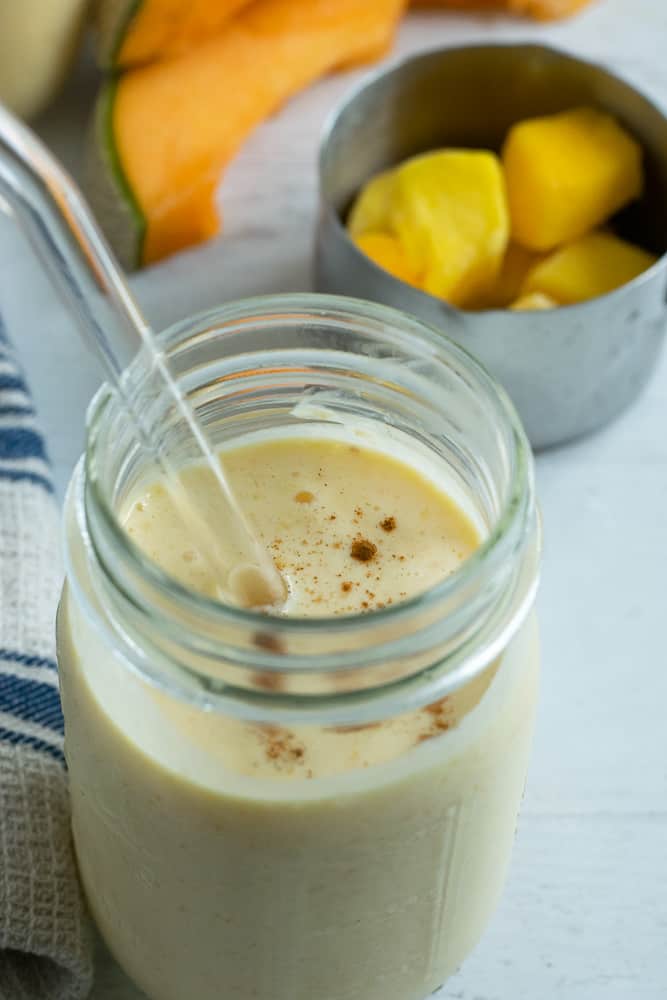
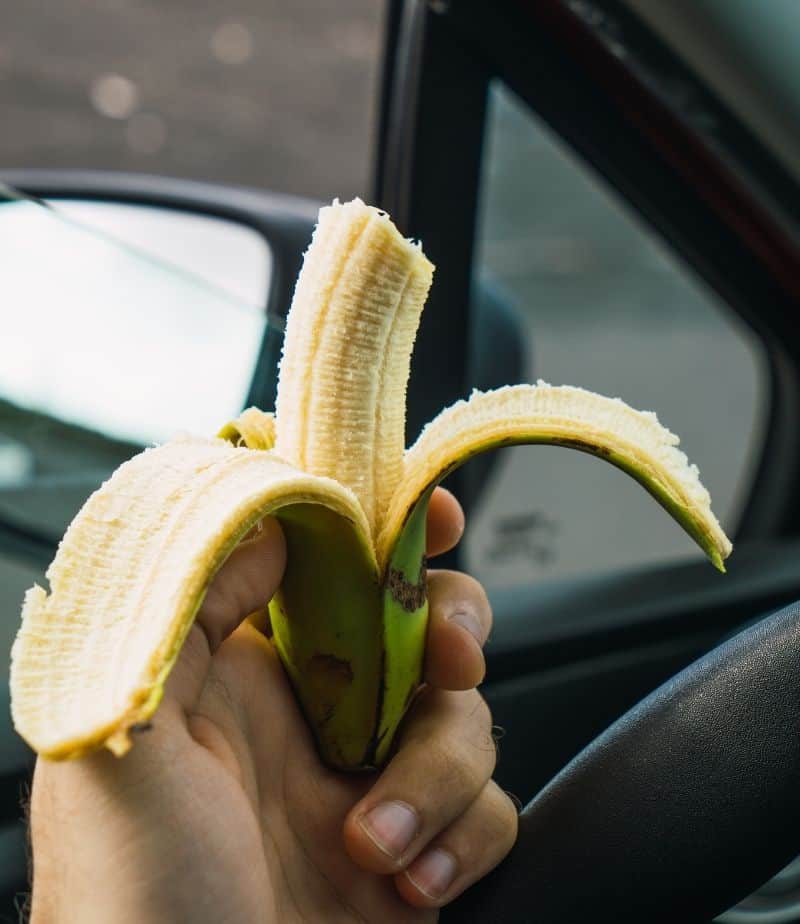
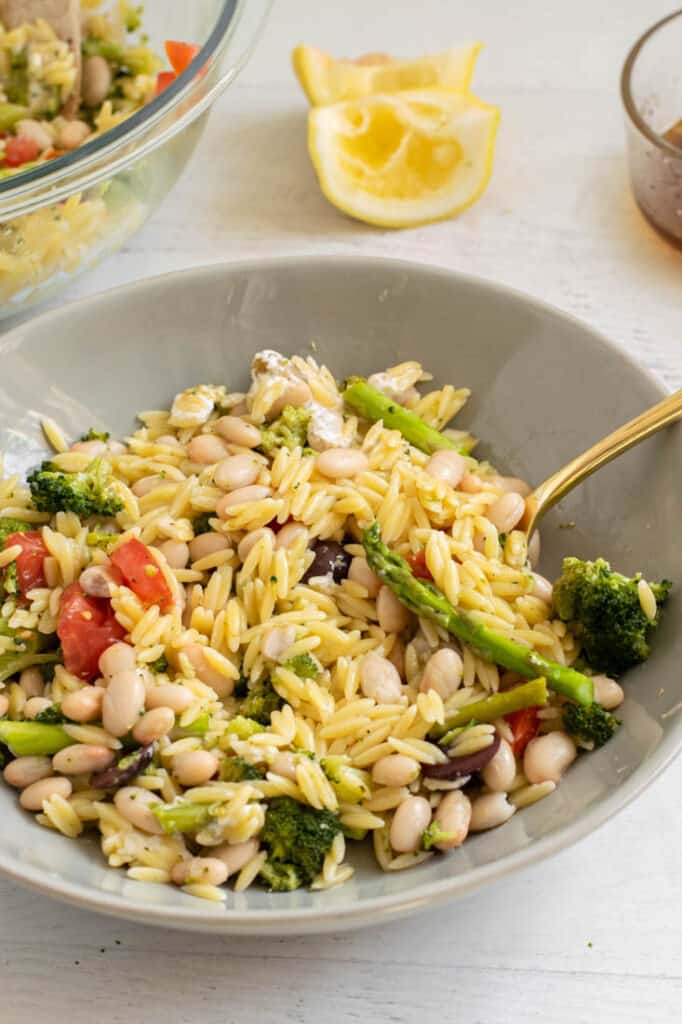
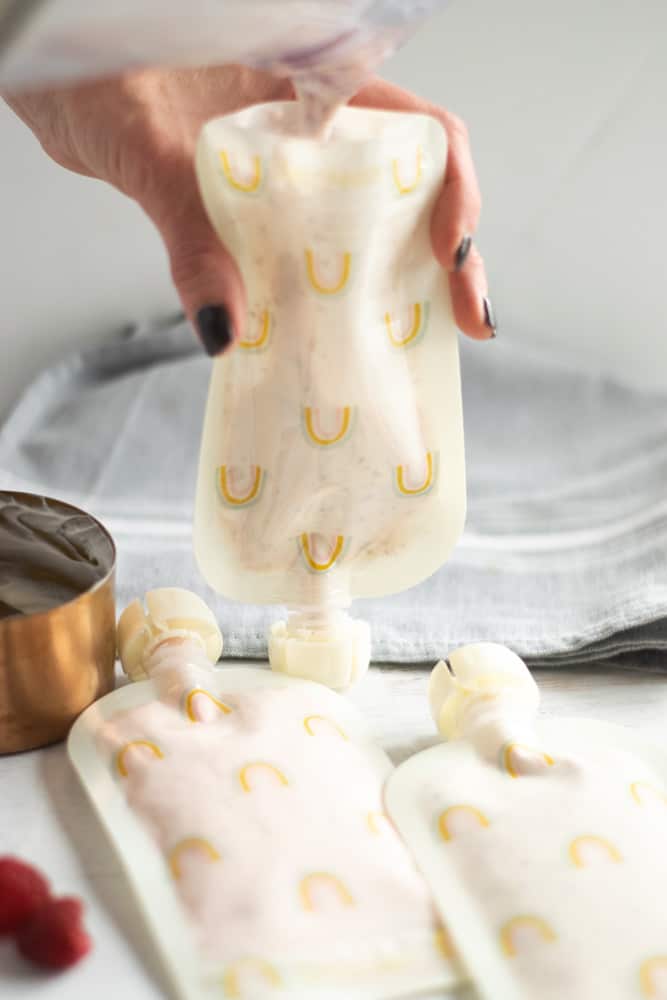
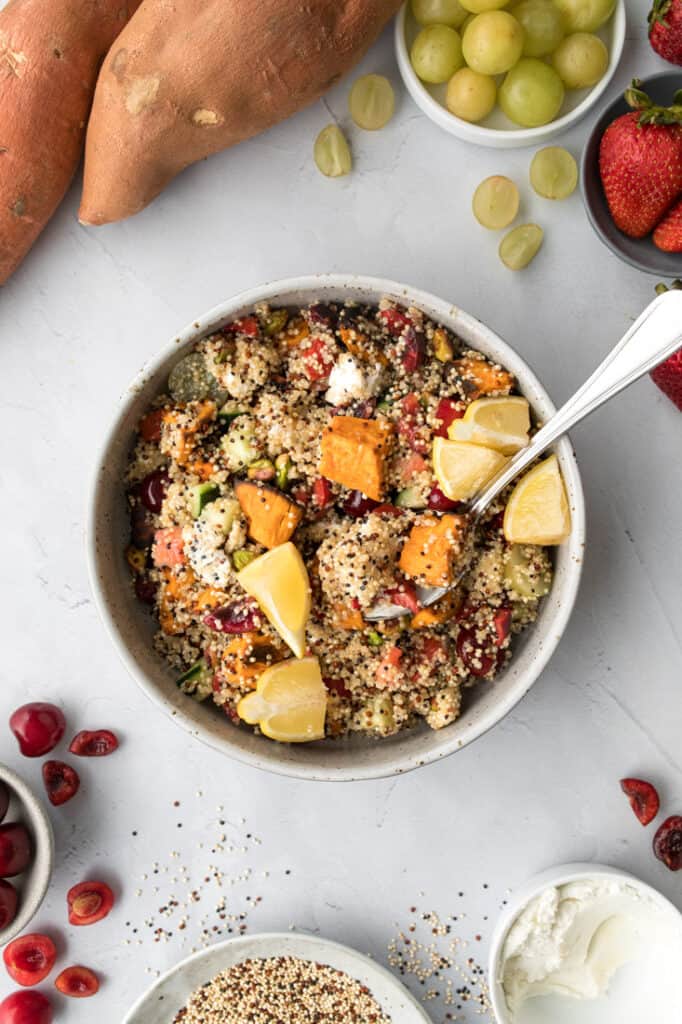

Like This Content?
Support Bucket List TummyYasssss! I tell people this all the time. Of course, diet is personal… but I really don’t see how it an be healthy for one to stay in the “keto” state for months and months. It’s all about balance!
I hate that carbs always get a bad rep, because as you said, carbohydrates are in a lot of healthy foods, too… it just depends on WHAT you eat and that you get the complex carbs!
I loved how you explained all this.
Thank you for reading, San!
Great article Sarah, I learned so much 🙂 My favorite snack is usually a clifbar. Or PB with banana, classic.
Thanks Ellie! Both are classics 🙂
Wow this is fascinating; I didn’t know that this is why we crave carbohydrates, but that makes so much sense. I now know why I really want them especially in the morning, and I’m thankful that our bodies thrive on a balance of all the nutrients.
Our bodies are so smart. They never cease to amaze me.
Its very interesting that when any sort of binge occurs – its really never with meat or dairy or other type of fat or protein. Its always the pretzels and breads and chips.
Yes, very interesting. Our brains respond differently to palatable carbohydrate/fat foods.